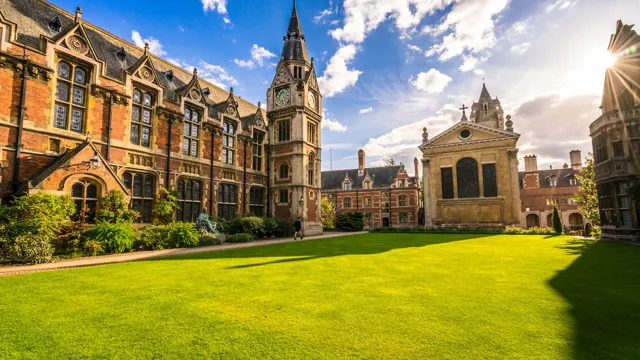Applying for colleges is pretty daunting, especially when you’re starting to research all the amazing options out there. There isn’t a correct answer! Going public or private depends on individual factors and what feels best for you. We’ll go through some critical factors to help you decide which one to pick.
Cost of attendance
The first thing to consider, of course, is cost. Your education is an investment in your future, and that’s why it’s essential to weigh the pros and cons of the cost of attendance. Beyond tuition, you’ll need to consider other costs such as living on campus, off-campus, food, and general living costs in the area. Public schools may have cheaper tuition, but if the cost of living is far higher in the surrounding area, then you might still end up paying just as much as you would have for a private school.
Availability of financial aid
Following the previous point, consider the cost of attendance against the availability of financial aid that could offset expenses. Private universities and state schools will most likely offer financial aid, but the amount can vary depending on resources, individual student circumstances, etc.
While state schools may seem cheaper, private universities might have more resources to offer scholarships and grants depending on the program. Ask potential schools what kind of financial aid packages are usually provided to students in your income bracket to get a general idea of what to expect.
Student population size
Big school versus small school is another critical factor to consider! With bigger state schools, there is more opportunity to get involved on campus, experience new things, and have a variety of social events.
With small private universities, though, the advantage is to connect more with students and have a close-knit feel in your program.
When considering student population size, student diversity needs to be part of that. A large part of the college experience is about meeting new people from different backgrounds and cultures. A diverse student population helps facilitate that so that you can encounter and engage with different worldviews, opinions, and ideas.
The experiences you have at either a large or small school will be valuable, but what you feel more comfortable with will really make it the right experience for you.
Program offerings
Considering the strength of programs is crucial. Some schools offer stronger programs than others and might be more academically rigorous than others, but others may have better opportunities for career paths.
To evaluate the program's strength, ask for more information about alumni, job rates, and more to understand the potential career paths. You can also ask for details about professors, the research, and the types of classes available to help you compare programs to one another.
Athletics and other extracurricular activities
Getting involved on campus and having the quintessential college experience is also about what the college offers outside of academics. Both private universities and public colleges should have a strong offering of extracurricular activities and athletics for students to get involved in, as that helps shape the experience.
Private and public colleges with strong athletics programs can make for fun campuses with a strong community feel. It means a lot of opportunities to socialize, even if you’re just attending the games. Having a variety of extracurricular activities to choose from helps you strengthen current hobbies and interests while also getting to try new things.
“Prestige”
Lastly, the prestige factor is a big consideration for many. Some private universities may be more prestigious than others and command more recognition than others. Alternatively, some state schools or private universities may not be well-known but offer vital programs in specific majors. However, if the public school is cheaper than the prestigious private university, that might affect the decision.
What this really demonstrates, though, is that prestige is relative, and everyone has different priorities around it during the college admissions process. What is most important is how you think of prestige and how the colleges you’re considering fit into that rather than what others may think about it.
The public vs. private schools is a difficult one, but ultimately, your decision should rest on the factors most important to you to help narrow options down. You can also find more at NSHSS events, which offer a range of opportunities for networking, volunteering, and informational webinars that can help with the public vs. private school decision.
